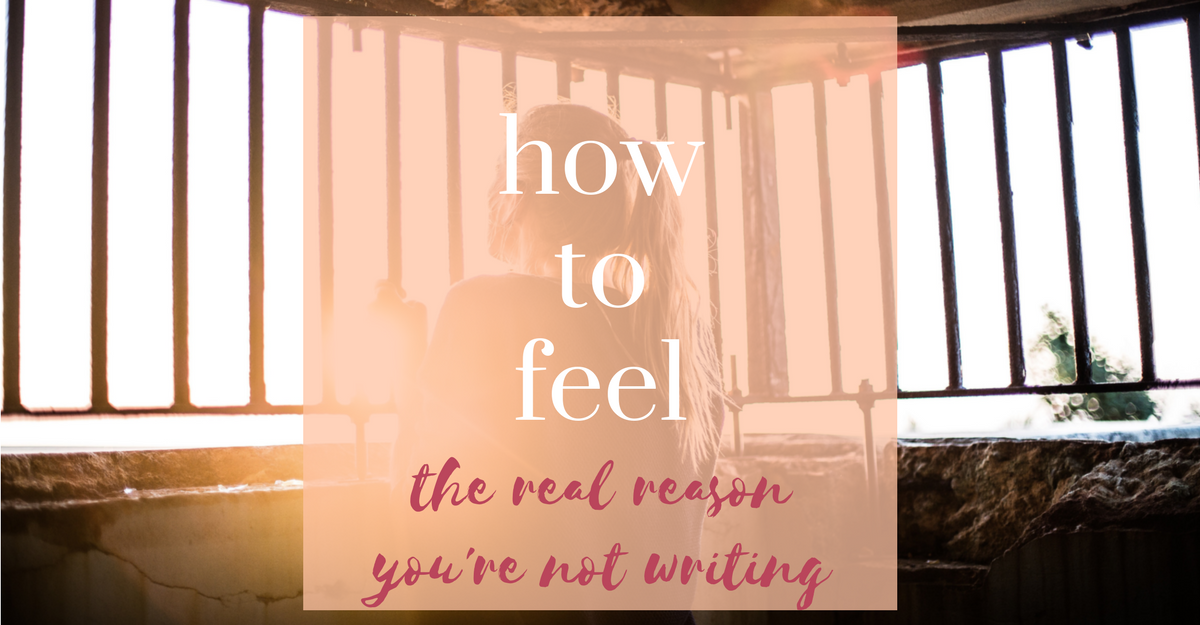Moving on from failure
/I failed at the violin.
I mentioned this recently to someone who knows me well—OK, my ex-fiancé—and his jaw dropped. Which is saying something, because at the time his mouth was full of Jersey diner waffle fries, and that stuff is precious cargo.
I guess I can understand his surprise. I played the violin for 16 years—from the age of five until I graduated from college. I entered competitions, attended summer programs, played in orchestras. I locked myself in the damp practice rooms beneath my college’s music building. I channeled my inner gypsy/witch when I performed the Saint-Saëns concerto, with its unsettling, strange beauty.
That might not sound like failure. But to me, it was. It is.
I was never as good at the violin as I wanted to be. I never managed to work hard enough at it, to give it my all. For years, the violin represented an instance where I failed to do my best, where I let people down—especially my dad, who spent hours each week shuttling me to and from lessons, writing up the advice my teachers gave me in his most careful handwriting, and checking on my progress.
When I zipped up my violin case after my senior year of college and adopted the excuse that I was just too busy to keep playing, I thought I’d move on. I thought a weight would be lifted from my soul.
But that never happened. I still carry the weight of that failure with me.
I explained all of this to my ex, but he was still baffled. “Sure,” he said, “you could have practiced every hour of every day, but you did other things with your life. That’s OK.”
But is it?
Whenever I tackle a difficult, long-term project—whether my novel or this blog—a voice in the back of my head tells me that I’ll never follow through, I’ll never keep up with it, I’m a flake and always will be. Sometimes—only sometimes—I manage to pick out this voice and ask: Are you true? And where the heck did you come from?
During high school, nearly every conversation I had with my dad seemed to center on how much I’d practiced that day. Once—guilty that I hadn’t done more—I screamed, “Can’t you talk to me about anything else?” and stormed upstairs.
In the months after my dad died, I thought all the time about this period of our relationship. Now, I realize that he probably didn’t know how to talk to a teenage girl, so he clung to the most obvious thing we had in common. But at the time, it felt as if he came home from work every day and picked at the tenderest spot of my conscience.
Did you practice today? So many days, the answer was no, or hardly at all, but I lied.
Right now, let me be honest: I refuse to believe that anything good came of my dad’s death. In other aspects of my life, I try to accept that there may be a plan greater than my understanding, that there may be some meaning in the way the chips fall, but my dad’s death is the one—and major—exception.
Sometimes, though, if you study a past failure long enough, if you manage to break past the “God, I suck” surface of it, you learn something. And my dad’s death has made me revisit my failure with the violin, over and over.
My high school graduation. I remember being so happy to move on.
What do I see now? Well, during high school, I struggled emotionally. I was lonely and unhappy and not remotely popular. My self-esteem pooled out of me and slipped down the storm drain at the end of our street. Like so many teenagers, I adopted self-sabotaging and self-destructive habits. I felt lost.
At the time, I prided myself on the fact that I kept all this from my parents, that I didn’t need a damn soul to help me. But now I see that my secrecy was fueled more by shame than by pride, and I robbed people who loved me of the opportunity to understand me.
Because I didn’t tell my dad about my struggles—and, let’s be real, he was a scientist and not particularly adept at reading the tea leaves of a teenage girl’s mood—he was baffled as to why I didn’t practice more. So he checked up on me more and more, and I felt worse and worse.
I wish I’d let him know what I was going through, but at the time, I didn’t see that as an option. So day after day, I kept not practicing the violin. Day after day, the grooves of my failure wore deeper.
Honesty is good and the truth will set you free. We hear that all the time, don’t we? Art tells us that, self-help gurus tell us that, the little tags at the end of teabags tell us that.
Oh, but it’s hard. It’s hard to look at past failures, at disappointments, so we ball them up like a wet towel and stuff them in the bottom of our mental suitcases. At least that’s what I do. That’s how I try to forget about these things, to move on. But then my failures become part of what I carry with me everywhere—from job to job, year to year, relationship to relationship. They become part of my story about myself.
After a while, those wet towels get to stink.
The solution, of course, is to air them out. In Cognitive Behavioral Therapy, a strategy for neutralizing with negative memories (including memories of failure) is called imagery exposure. With imagery exposure, you bring to mind a painful occasion and recall it in explicit detail: What were you wearing? What exactly did you say or do? How did you feel; how did you react?
The idea is that, if you practice revisiting the memory rather than avoiding it, eventually it becomes less distressing. (Further information can be found here. If you’re dealing with trauma or anything beyond a garden-variety negative memory, you’ll want to work with a therapist.)
This strategy has motivated me to look at my failures head-on. When I confessed how much trouble I’ve faced in making progress on my novel, I thought I’d feel exposed, embarrassed. Instead, it was a massive relief. And I wondered: what other corners of my life don’t have to be shameful or secret?
If I were to boil down this post into a takeaway or two, step one would be to sit with your past failures. Stare them in the eye. Revisit them until they don’t make you feel preemptively guilty, or bound to mess up everything for the rest of your life.
Step two? Put yourself out there. Risk failing again.
Earlier this month, I did something risky: I decided to learn to play the harp. I found a teacher, shelled out the money to rent a gorgeous 40-string Lyon & Healy Prelude, and had my mom and my aunt help me haul the thing into my apartment.
Every day I ask myself: Do I deserve to do this? To spend this all of time and money on a musical instrument? Won’t I just fail again, like I did with the violin?
You know what? Maybe I will. But the prospect of staying small—of living without music, without learning or trying new things—became worse than my belief that I’m bound to fail at everything. And for now, that’s enough.
Have the ghosts of past failures ever held you back? How did you move on?












